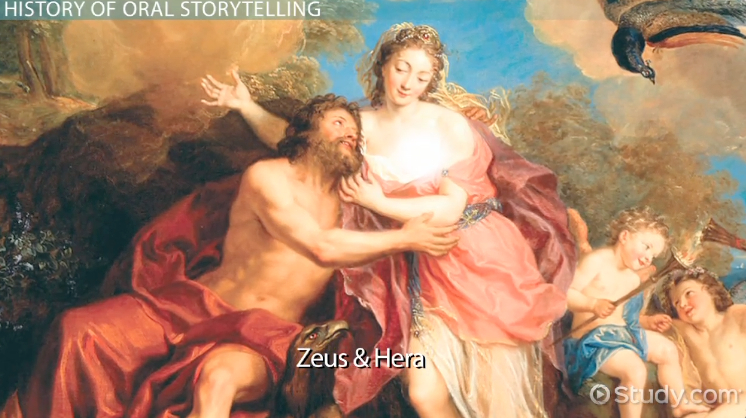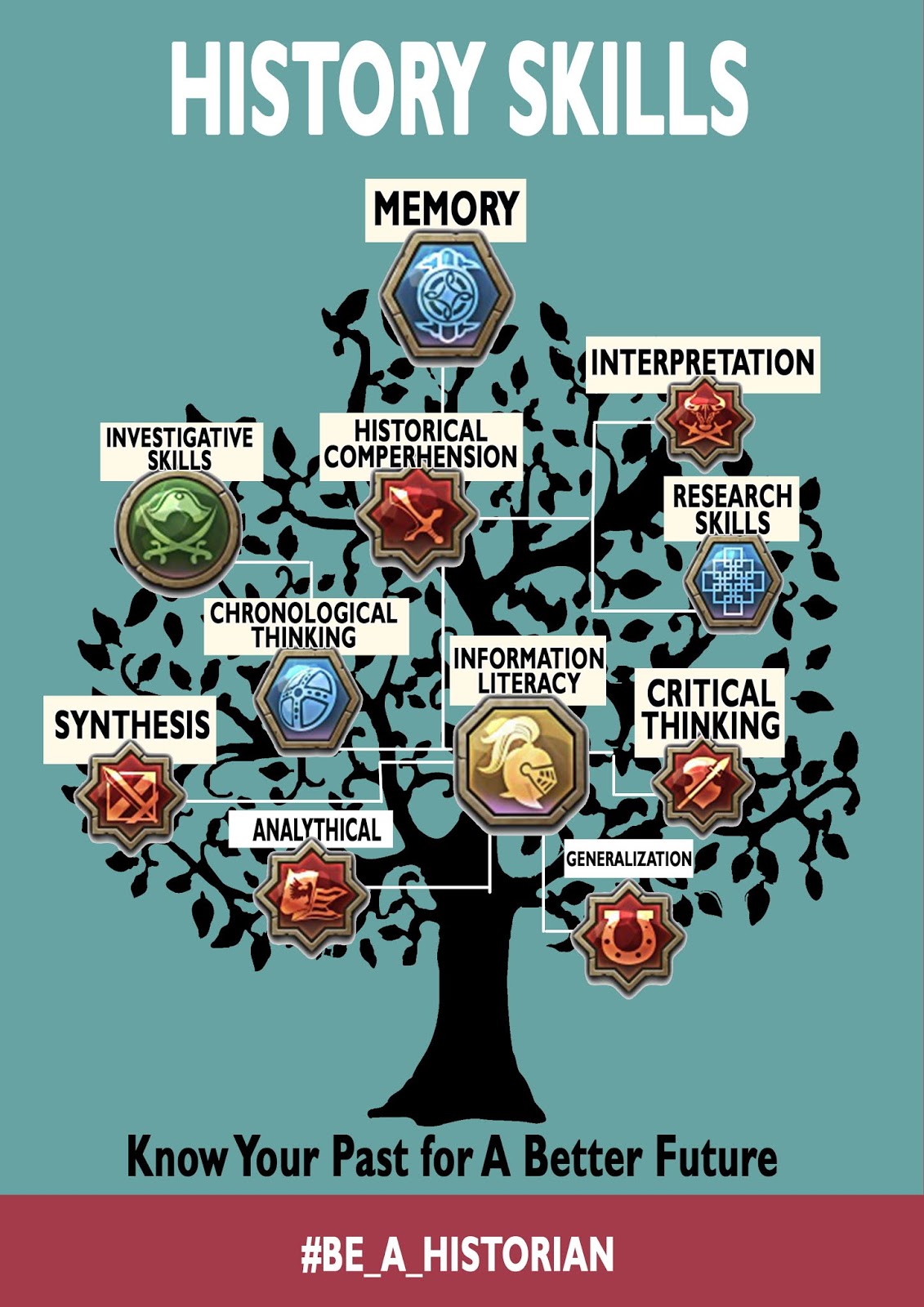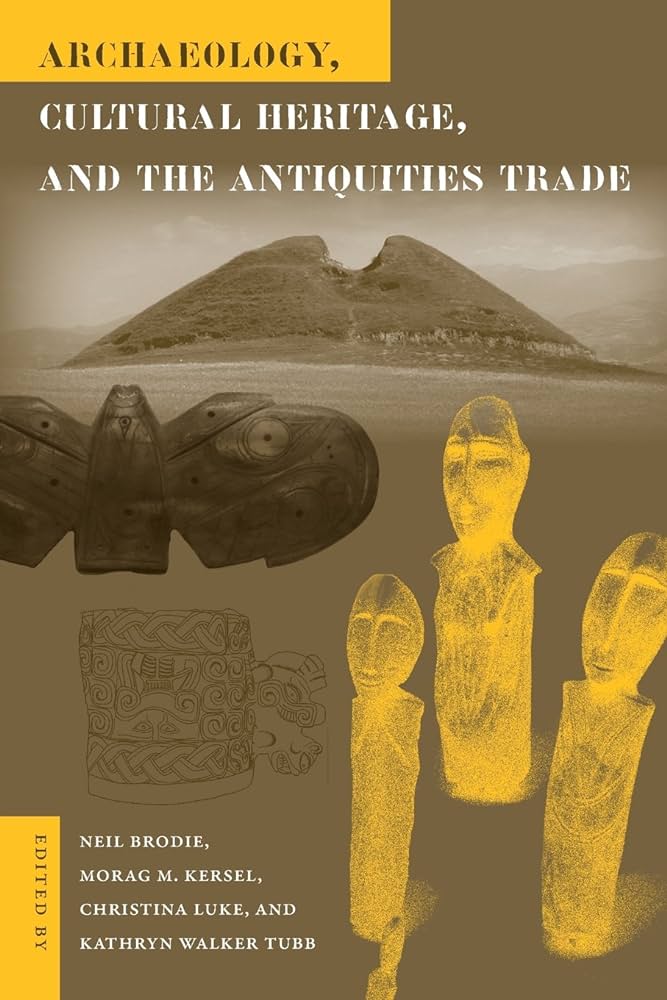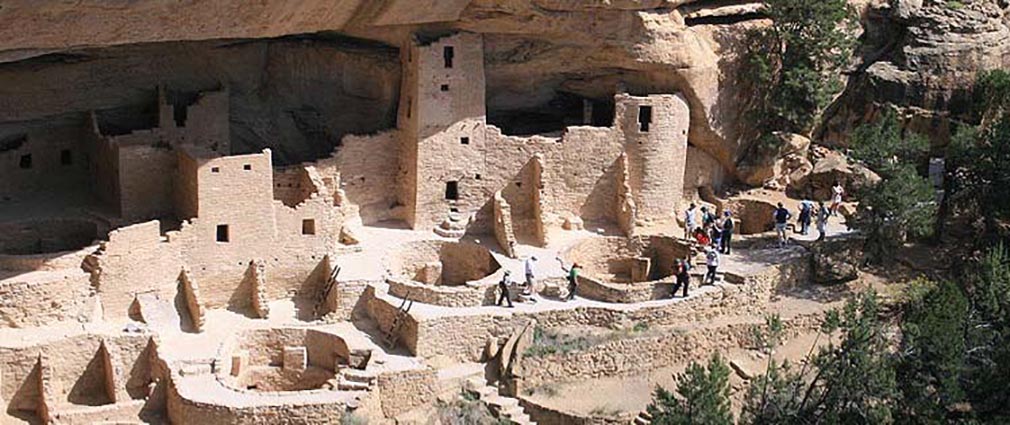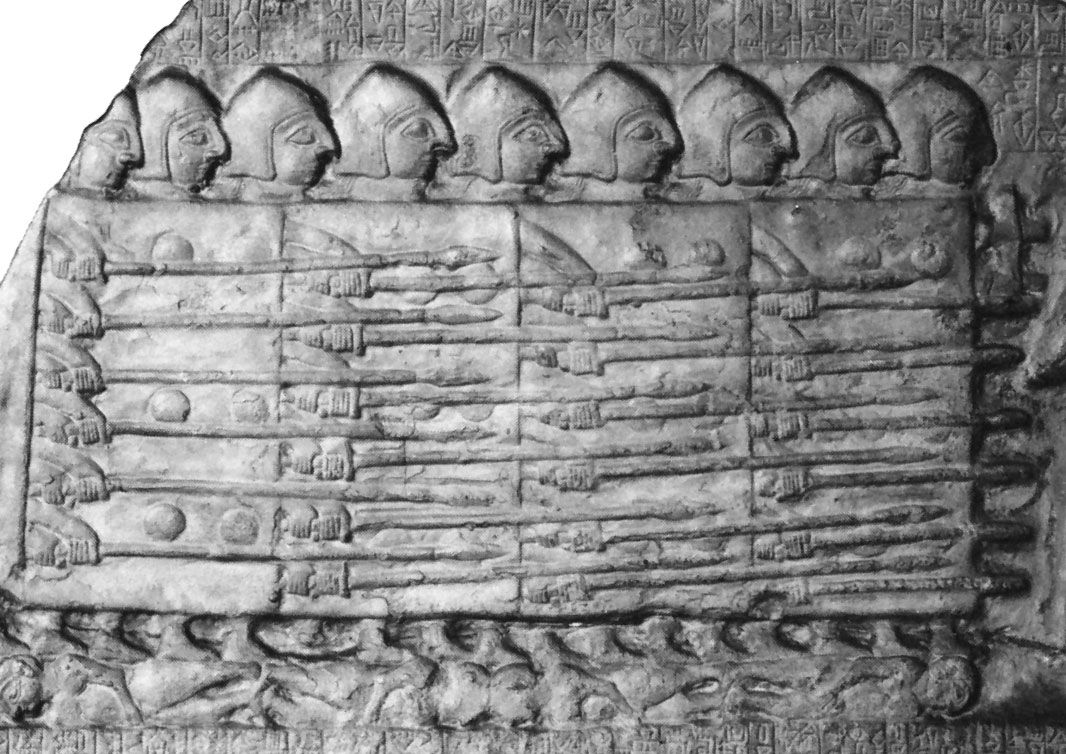Folklore has been a part of human history for as long as we can remember. It is a form of popular culture that has its roots deep in our collective history. Today, folklore plays an important role in preserving our cultural heritage and helping us understand our roots. However, the origins and influences of folklore are still not fully understood. In this blog post, we will take a closer look at the origin and influences of folklore.
The origin of folklore can be traced back to the oral tradition of storytelling. Storytelling was a way for our ancestors to pass on knowledge, traditions, and beliefs. Through stories, they taught valuable life skills and passed down cultural traditions and values. The earliest forms of folktales were often passed down from generation to generation through oral tradition. This means that they were not recorded in writing and instead were preserved in the memory and tradition of a community.
Folklore was influenced by many factors, including geography, religion, and social conditioning. Folk tales, legends, and myths were often shaped by the environment in which they arose. In areas of the world where forests and nature dominated, folklore tended to involve plants and animals. Similarly, in regions with harsh weather, survival tales and adventure stories were dominant. Religion also played a significant role in shaping folklore. In many cases, gods and goddesses were the central characters of folklore myths. Religion also influenced the language and imagery of folklore.
Folklore also intertwined with culture and social conditioning. Folktales often reflected aspects of daily life within a society. They helped people make sense of their world and conveyed social norms. Folktales featuring princesses and knights, for example, reinforced gender roles and the idea of heroism. In this way, folklore reflects the social and cultural norms of the time and can be considered a window into the past.
In conclusion, the origins and influences of folklore are varied and complex. Folktales reflect the social, cultural, and environmental factors of the people who created them. Today, folklore continues to play an important role in preserving cultural heritage and storytelling. It is essential that we keep the rich tradition of folklore alive by continuing to tell stories and appreciate their significance.







